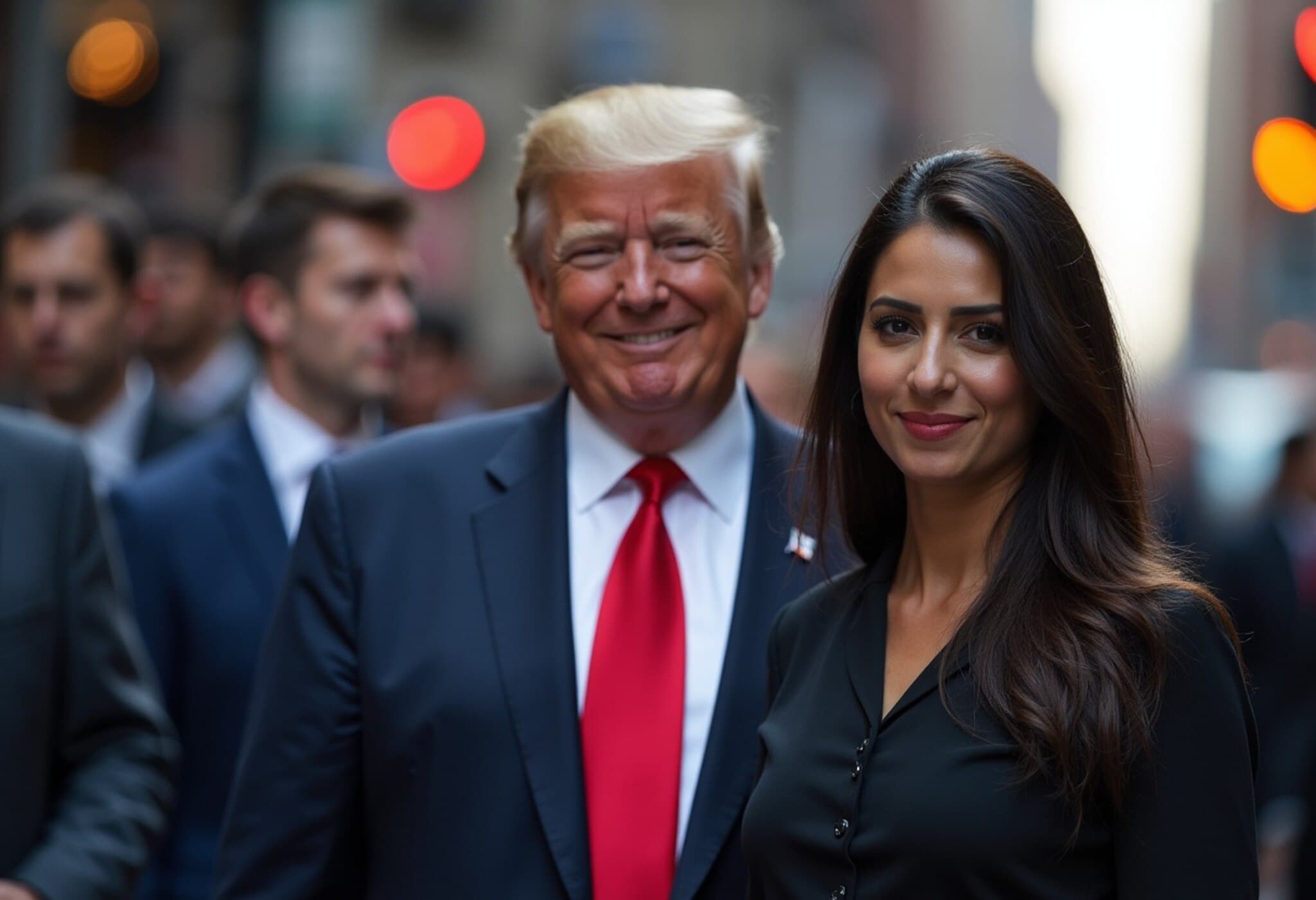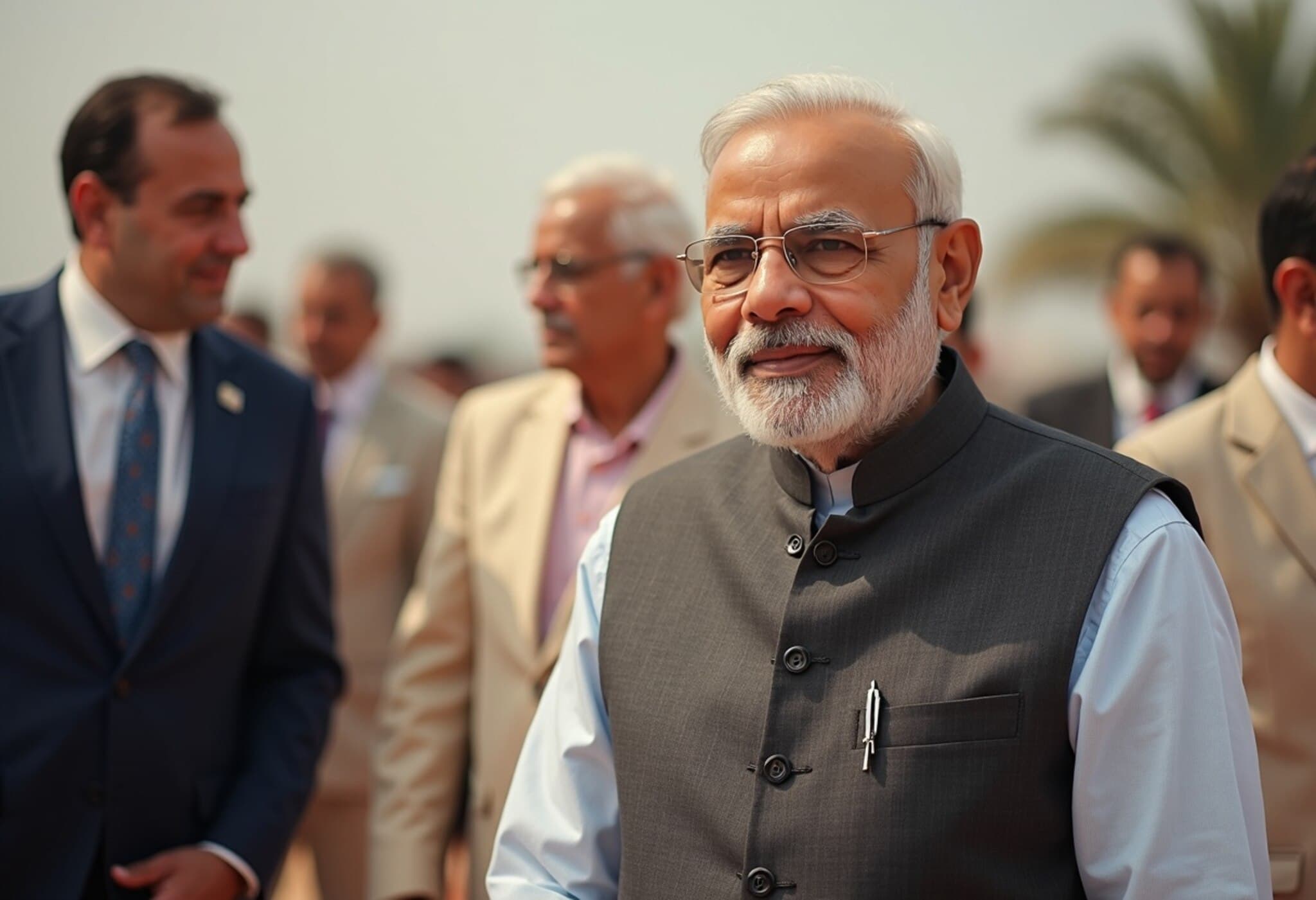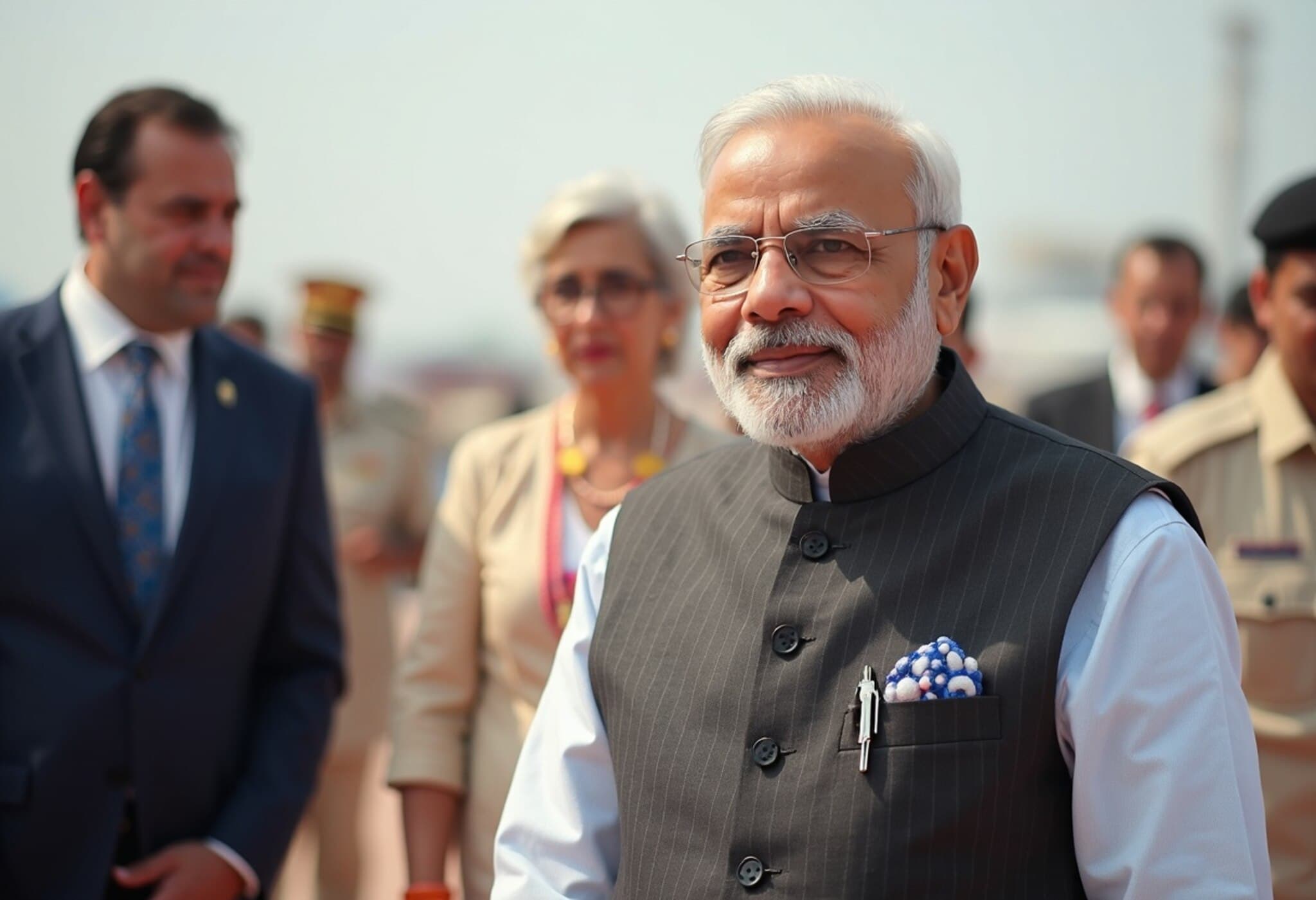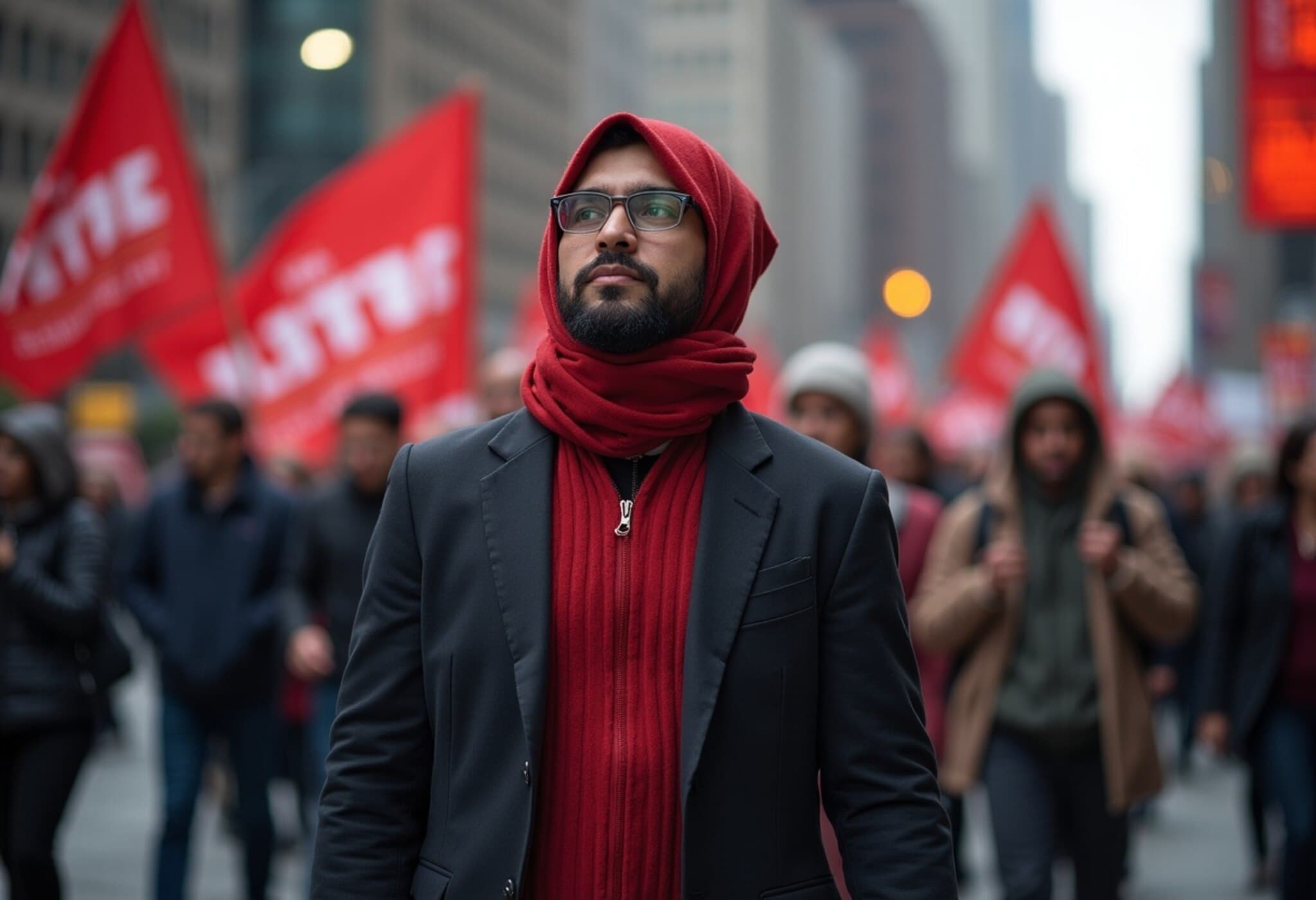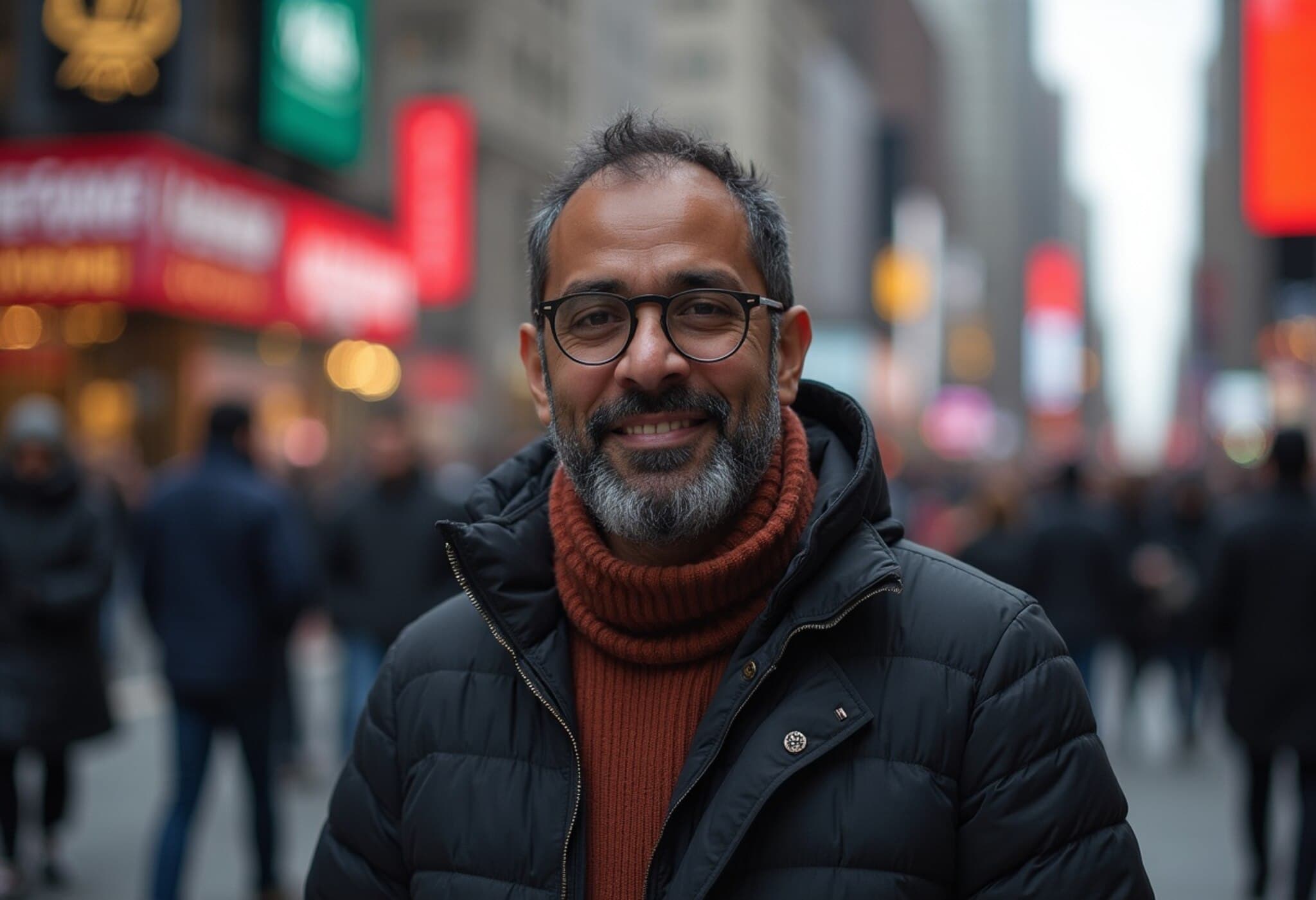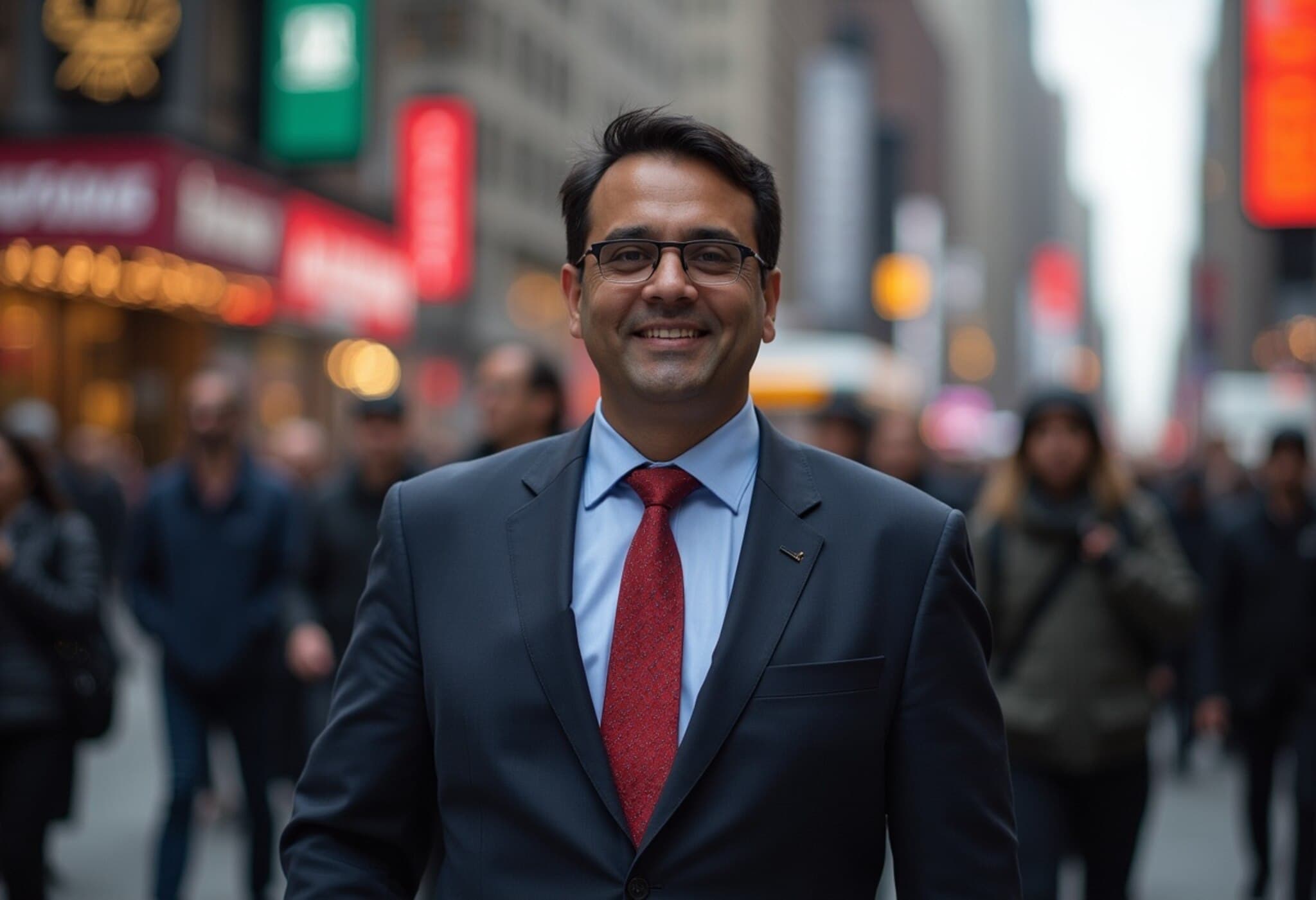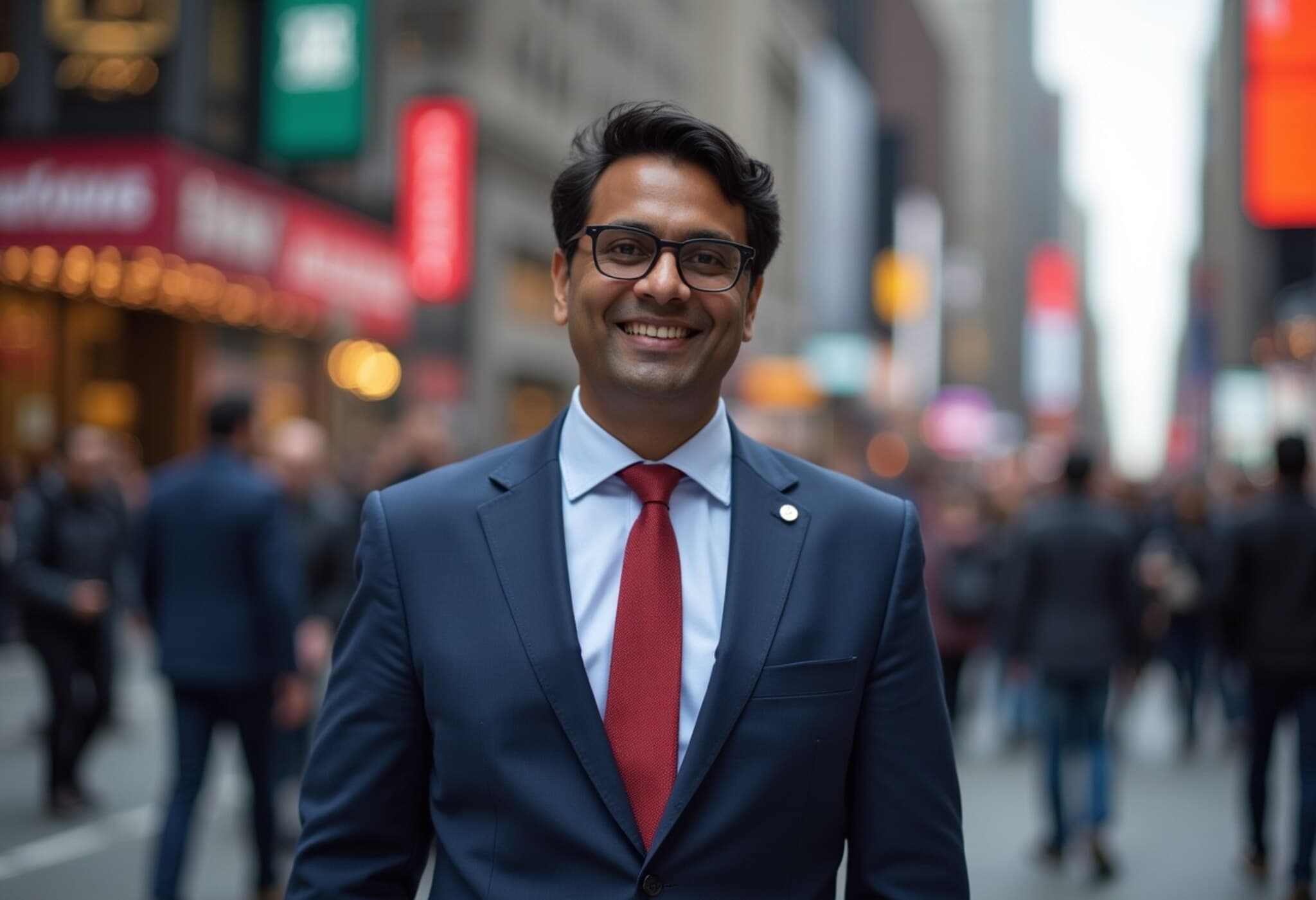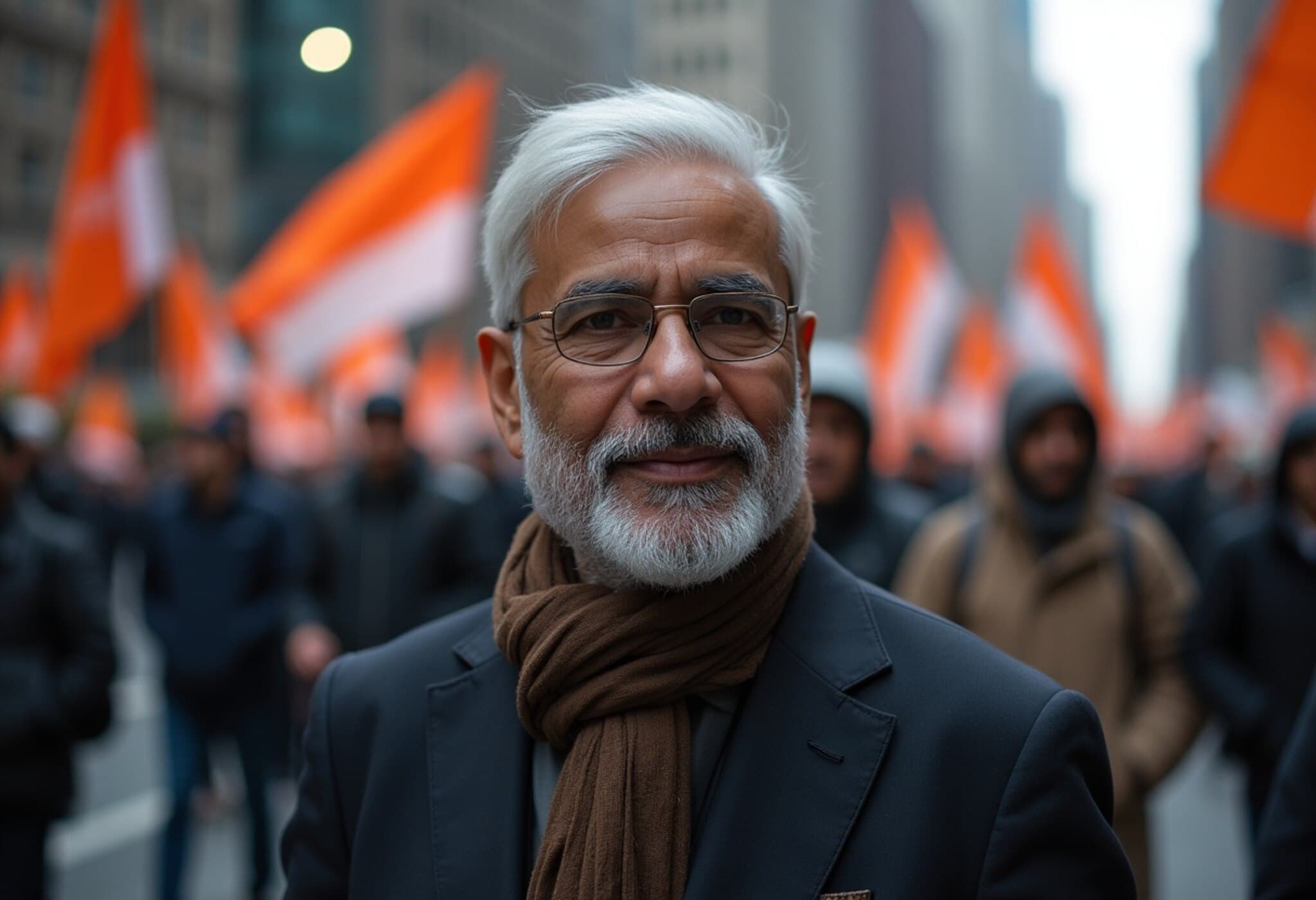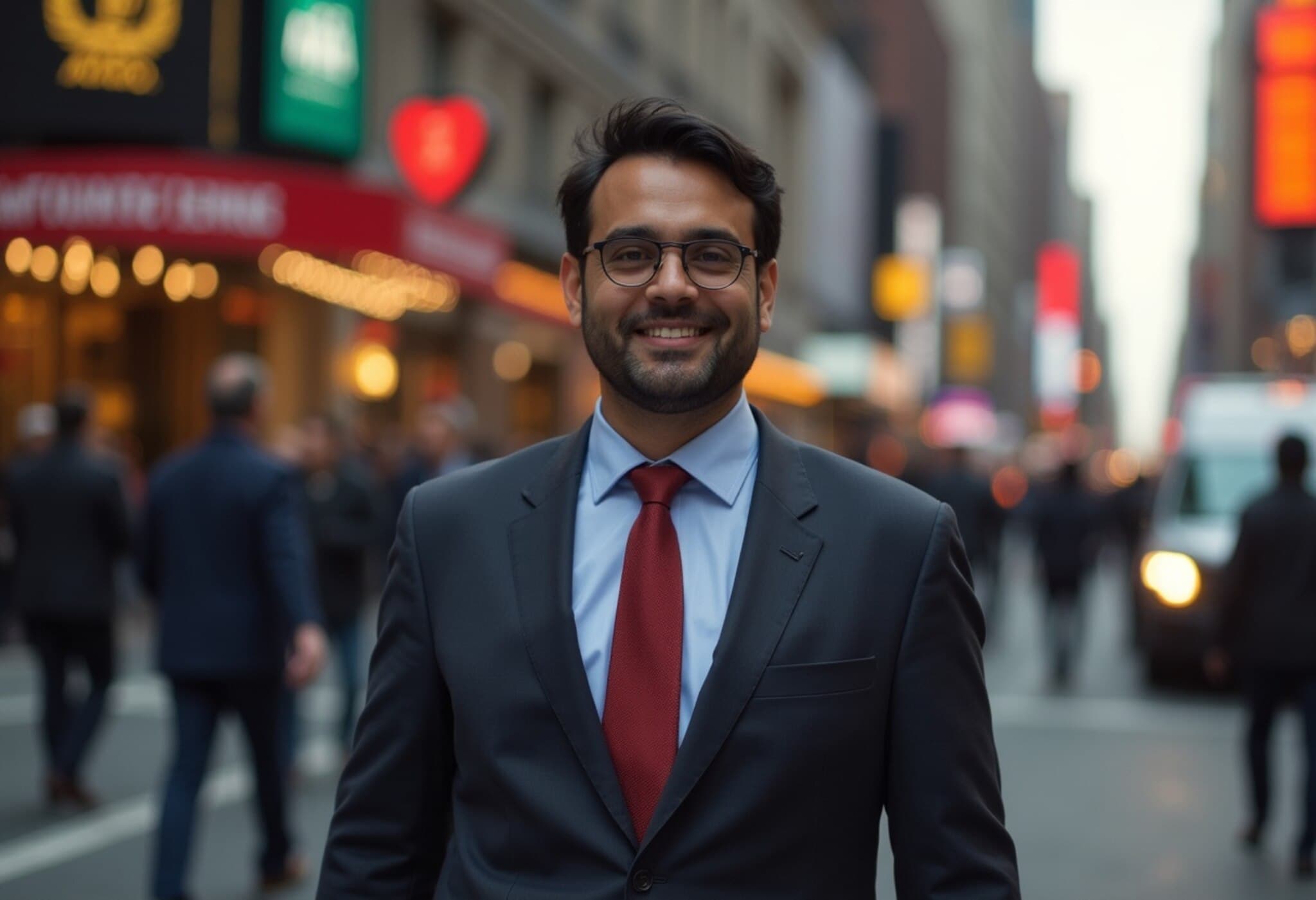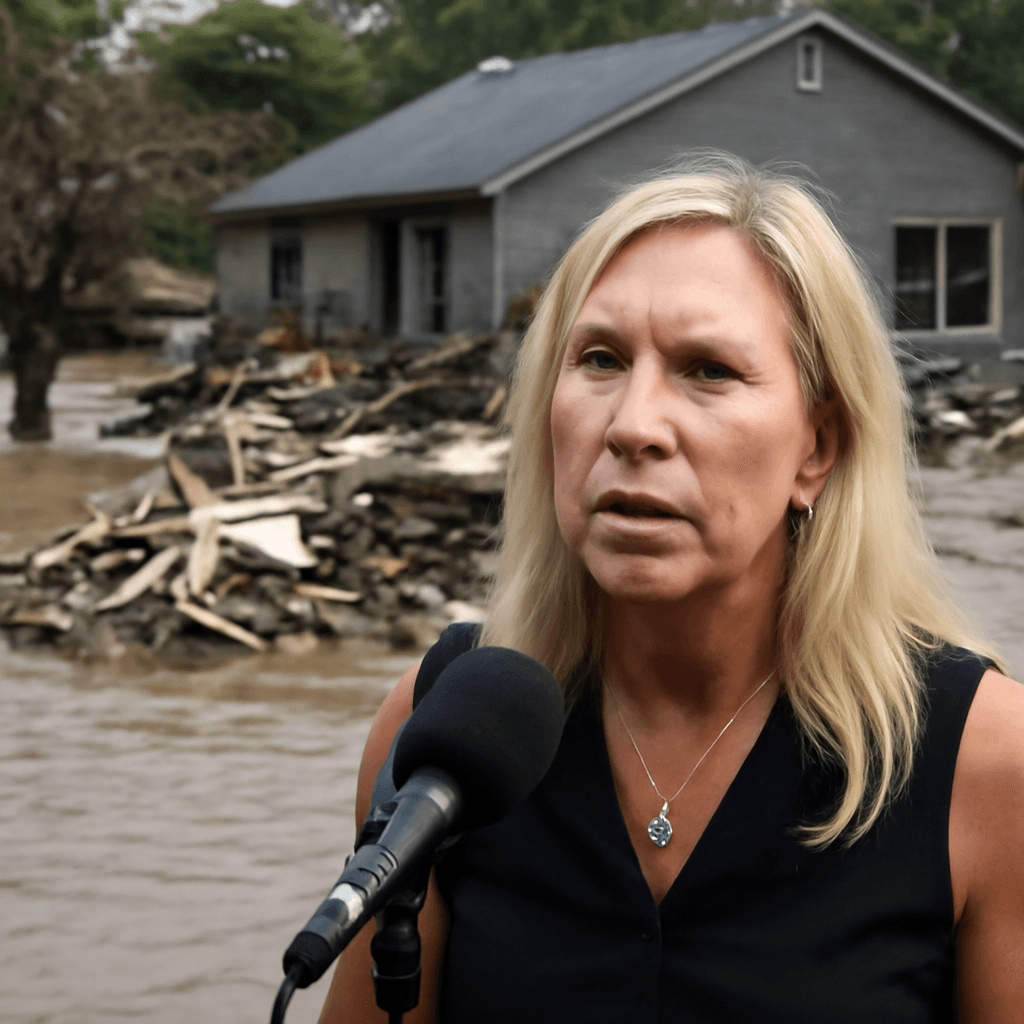Trump Denounces Zohran Mamdani’s Calls to Arrest Netanyahu in New York
In a dramatic escalation of political rhetoric ahead of the New York City mayoral race, former US President Donald Trump sharply criticized Indian-American Democratic Socialist candidate Zohran Mamdani. The controversy centers on Mamdani’s bold pledge to arrest Israeli Prime Minister Benjamin Netanyahu if he sets foot in New York City, a statement tied to an International Criminal Court (ICC) arrest warrant against Netanyahu for alleged war crimes in Gaza.
Trump’s Fiery Response and Political Warning
Speaking publicly on July 7, 2025, Trump characterized Mamdani’s views as extreme, branding him not a socialist but a "communist". He accused Mamdani of making “really bad statements about Jewish people,” framing him as a threat not just to the city but to the broader American ideological landscape, which Trump suggested is unprepared for such political philosophies.
“He’s going through a little bit of a honeymoon right now and might win, but remember, federal funding flows through the White House,” Trump cautioned. “He better behave, or he’s going to have big problems.” This remark hinted at potential federal funding repercussions should Mamdani succeed as mayor, underscoring the high-stakes political divisions in New York City.
Mamdani’s Stance and Legal Complexities
Zohran Mamdani, a progressive darling in New York’s increasingly diverse political landscape, has openly condemned Israeli military actions in Gaza. His pledge to uphold the ICC arrest warrant by detaining Netanyahu if the latter visits New York represents an unprecedented local government stance on international law enforcement.
Experts point out the legal ambiguities and geopolitical challenges inherent in Mamdani’s promise. The United States is not a party to the ICC, which limits domestic enforcement of ICC warrants. Additionally, arresting a sitting foreign head of state on US soil raises diplomatic tensions and constitutional questions about jurisdiction and immunity protections.
Netanyahu and Trump Play Down the Threat
Prime Minister Netanyahu appeared dismissive of Mamdani’s vow, stating, “I’m not concerned about that.” Trump quickly intervened, humorously promising, “I’ll get him out,” signaling confidence in preventing any disruption to Netanyahu’s movements.
Netanyahu hinted at a possible visit to New York for a private meeting with Trump and potentially attending the United Nations General Assembly’s high-level meeting in September, though no firm dates were disclosed.
Broader Implications: Political Climate and International Relations
This incident highlights the growing interplay between local political actors and international diplomatic tensions. New York City, as a global hub and home to the United Nations, often finds itself at the crossroads of international disputes that manifest domestically.
Mamdani’s pledge symbolizes a rising trend where local officials engage boldly with global justice issues, raising debates on the limits of municipal authority in enforcing international law. Meanwhile, Trump’s counter-remarks reflect an administration’s stance to safeguard traditional diplomatic protocols and maintain federal influence over city governance.
Understanding the Stakes Ahead
- Legal ambiguity: The US non-membership in the ICC questions the enforceability of such arrest warrants.
- Diplomatic sensitivity: Arresting a foreign prime minister could upend US-Israel relations and provoke international backlash.
- Political symbolism: Mamdani’s stance appeals to progressive and activist bases but risks alienating establishment voters and federal allies.
- Federal funding threats: Trump’s warning underscores potential political leverage points in municipal-federal relationships.
Editor’s Note
This unfolding political saga between Donald Trump and Zohran Mamdani spotlights more than just a New York mayoral contest—it embodies the tensions between local activism and international diplomacy, between emerging progressive forces and entrenched political power. It raises crucial questions about the scope of municipal authority in global justice issues and the potential consequences when such ambitions collide with federal policy and international law. As New Yorkers weigh their choices in the mayoral race, this episode serves as a poignant reminder of how deeply interconnected local politics and global affairs have become.

